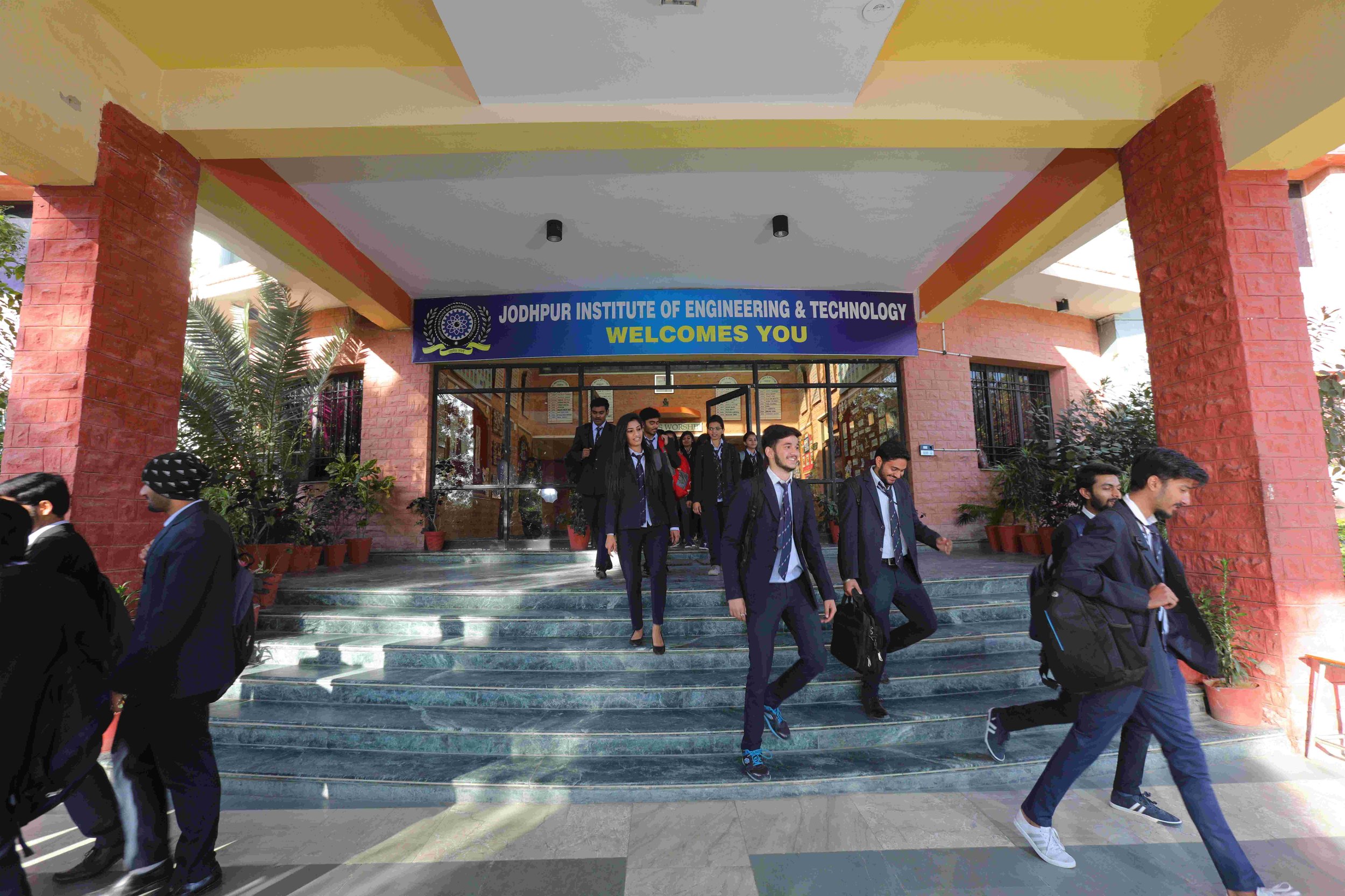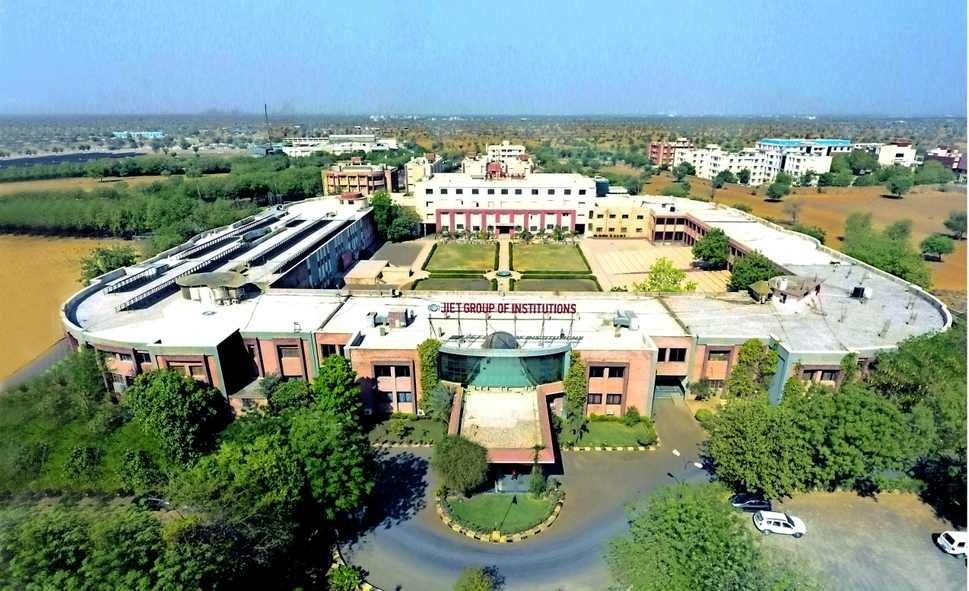Is MBA After B.Tech Worth The Effort?
MBA after B.Tech is a popular career choice among engineering graduates who want to acquire business knowledge and skills. While pursuing an MBA after B.Tech can be an excellent way to boost your career prospects, it also requires significant time, money, and effort. This article will explore whether an MBA after B.Tech is worthwhile and how it can benefit your career.
Advantages Of Pursuing An MBA After B.Tech:
Increased Career Opportunities
Pursuing an MBA after B.Tech can open up many career opportunities in both technical and managerial fields. With an MBA, you can qualify for higher-level positions such as senior engineer, product manager, operations manager, and more.
Enhance Business Acumen
An MBA can help you better understand business concepts, financial analysis, and management techniques. These skills are highly valued in the engineering industry and can help you communicate better with business stakeholders and make more informed decisions in your technical roles.
Soft Skills Development
Engineering graduates often need more soft skills such as communication, leadership, and teamwork. An MBA program helps to develop these skills through group projects, case studies, presentations, and more. These skills are essential for success in the corporate world and can help you excel in technical and managerial roles.
Better Salary And Growth Potential
Engineers with an MBA often have higher earning potential and more opportunities for career advancement than those without one. According to a Graduate Management Admission Council survey, MBA graduates can earn up to 50% more than those with only a bachelor's degree.
Networking Opportunities
An MBA program provides opportunities to build a solid professional network, which can be valuable for future job opportunities, collaborations, and partnerships. You will have the chance to connect with alumni, professors, industry experts, and peers from diverse backgrounds and industries.
Entrepreneurial Skills
An MBA program can help you develop an entrepreneurial mindset and skills essential for starting and running a successful business. You will learn about business planning, market research, finance, strategy, and other critical aspects of entrepreneurship.
Disadvantages Of Pursuing An MBA after B.Tech:
Costly
An MBA can be expensive, with tuition fees ranging from a few lakhs to several crores, depending on the institution. Other costs are to consider, such as living expenses, study materials, and travel expenses.
Time-Consuming
An MBA program typically takes two years to complete, which means taking a break from work or delaying entry into the job market. It can result in a loss of income or delayed career growth.
Limited Technical Focus
An MBA is a generalist degree focusing on various business topics. Therefore, you may not receive the same level of technical training as in a master's program in engineering or another technical field.
Overqualified For Technical Positions
Some employers may view an MBA as a sign that you are overqualified for technical positions. They may prefer candidates with only a bachelor's or master's degree in engineering, which can limit your job opportunities.
Conclusion
Pursuing an MBA after B.Tech can be an excellent way to broaden your career prospects and enhance your skills. However, it requires significant time, money, and effort. Before pursuing an MBA, weighing the costs and benefits and considering your career goals is essential. It's also essential to choose the right MBA program, which focuses on your area of interest and is well-regarded by employers.
Thus, pursuing an MBA after B.Tech is worth the effort if you are passionate about business and want to take on leadership roles in technical organizations. It can give you the skills and knowledge you need to succeed in the corporate world and open up new career growth and advancement opportunities.



















